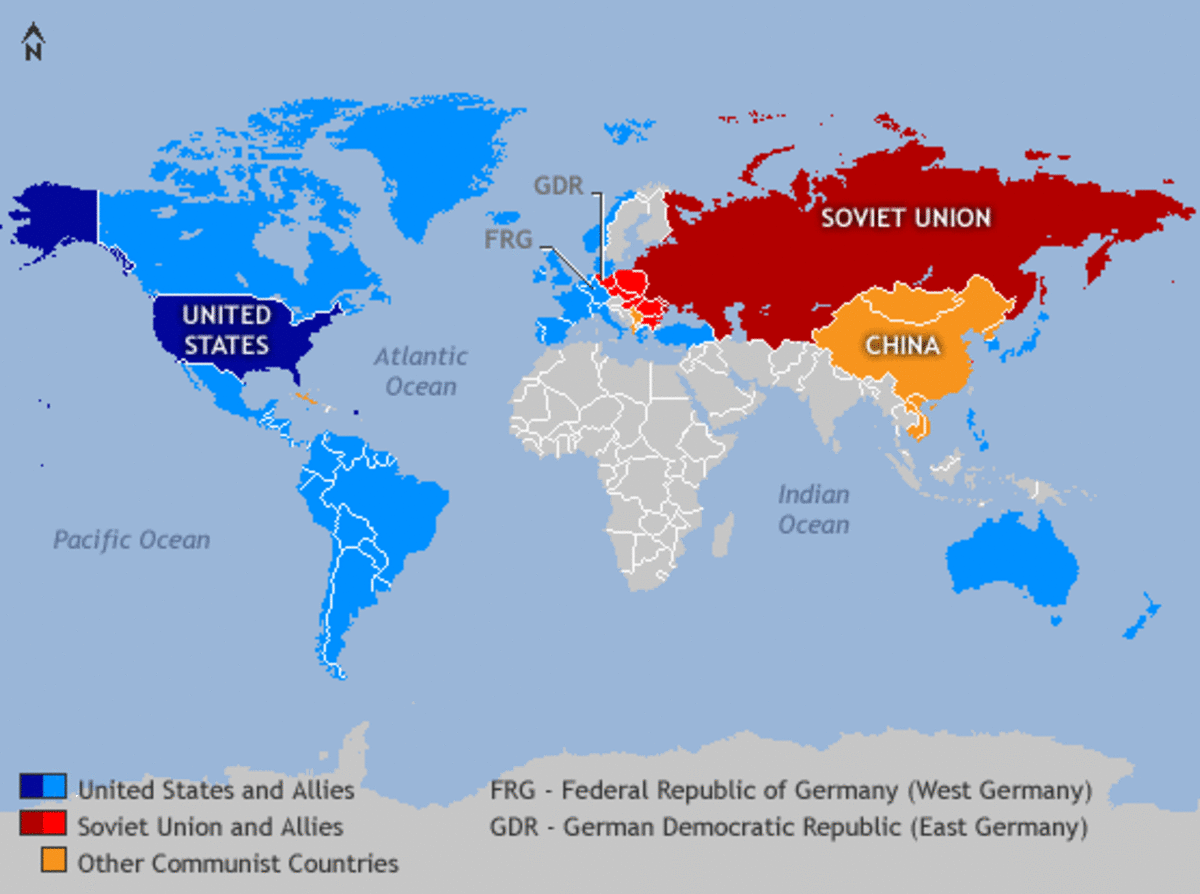Open letter to NPR (regarding Pentagon politlics after 9/11)

As I was leaving DIA in 2002, the National Ground Intelligence Center in 2005, and the Defense Joint Intelligence Operations Center in 2006; open-source data was becoming an ever-increasing basis for all-source assessments, to the point that intelligence agencies were creating entire organizational divisions to exploit open-source data. Recruiting and maintaining humint sources across the world was and is not feasible. Takes too long, costs too much. Reuters, BBC, etc. already have knowledgeable local sources in almost all the parts of the world which are or likely to become of strategic interest to the United States.
As I mentioned to your wife’s father, my military career was certainly enhanced by a paper written following the 13 December 2001 terrorist attack on the Indian parliament. I heard about the attack on the way to my work in the South Asia Branch, Regional Assessments Division, Production Directorate, DIA around 0500 EST on that DC morning. (DIA had ‘by name’ requested me after 9/11.) 30 non-stop hours and several consultations later my TS/no-foreign draft regarding possible Indian retaliatory options was circulated for review and comment, slightly modified accordingly, and released on Intellink. Positive feedback came from SECSTATE, SECDEF, CENTCOM, PACOM, SHAPE, etc. – finally including the US military attaché in New Delhi. (All from a sleepy reservist from Bloomington, IN who had been shocked awake by NPR.)
In response to SECDEF and SECSTATE requests, The DIA director ordered I be given a small team to produce a weekly product for those offices. Lasted a few months. Got boring. Luckily – although it certainly did not seem so at the time – the active duty Air Force officer Chief, Afghanistan Cell (providing operational intelligence to the J-2 for the Joint Chiefs) could only mumble when asked ground force questions regarding Operation ANACONDA. He was relived on the spot. Dually qualified Infantry and Military Intelligence me was immediately reassigned. Rear Admiral Jacoby and I got along, probably because I was older than he was.
During that time I had to debate the CENTCOM intelligence staff at 0430 every morning to deconflict briefings before I presented our Cell summary to the J-2 at 0530 in the Old Forseman Room, off the 8th corridor. Tommy Franks (understandably considered stupid by John McCreary, but that’s another story) was much more concerned about ramping up for the Iraq invasion, ever-changing invasion plans to please Rumsfeld, etc. He, and therefore his staff, did not want to hear that the Taliban were not defeated and would re-surge if we pulled significant forces out of Afghanistan – ‘where empires go to die’. (Cute: CENTCOM criticized our slides showing little red dots for unconquered Taliban areas as “having measles”. They wanted the measles cured and for the red dots to go away.) John McCreary was the senior DIA civilian intelligence analyst in the Pentagon, providing technical oversight and continuity. (For example, John always briefed The World to each Flag officer newly assigned J-2.) John and I agreed regarding the Taliban and his agency weight was much greater than mine. John had his own STU-III at home so that I (and others) could call him late at night, agree to each flip the switch to ‘go secure’, and to consult. (Example: If I’d made significant changes to the next morning briefing – which he’d reviewed the previous afternoon – because of message traffic received after he’d left.) He had that much respect.
John McCreary is now retired, but still – last time I checked – maintains an online newsletter with his wide-ranging observations/opinions. He worked on a classified version for a select group of military officers when I worked with him early this millennium. Google can find him easily. I seem to recall the title “Nightwatch” but that might have been his classified newsletter.
One reason that I agreed with John re “defeated” vs “only temporarily suppressed” was that the first time I was ever assigned to the Pentagon was in 1996, following the KDP invitation to Sadaam to send an armored brigade into ‘Kurdistan’ to help them defeat the PUK. Seemed to work. Most analysts agreed that the PUK were history, elements pushed into the mountains on the eastern border. (Like, you know, anyone in that area knew or cared where the f-ing border was.) I doubted it. The KDP had ‘won’ entirely too easily. The KDP and PUK had been killing each other for years, fighting for Kurd supremacy, “dynamically stalemated”. I so wrote an opinion product. Sure enough, when external pressure caused Sadaam to withdraw his forces the (Where did they come back from?) PUK resumed their traditional role.
(Can tell a cute 1996 story upon request re Turkey, PKK, seismic sensors, and Vietnam. About an old guy knowing more history than the 20 and 30 year-olds.)
Lastly, I headed the occupational skills-based HR analysis of the military intelligence analyst occupation for DIA in 1998-1999. The American Institutes for Research contractor people did all the technical work. Their O*NET (Google it) system created for the Dept of Labor showed (and I assume still does) that the closest occupation to intel analyst is . . . journalist. Cultivates sources; determines their reliability by track record, agenda, ulterior motive, audience; conducts analysis of data; identifies and projects trends; makes presentations; responds to questions. Other factors, but you get the idea.
If I can ever be of any assistance to either of you, please let me know.
Again, I owe NPR at least one promotion and a good part of my retirement benefits!



